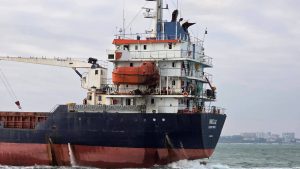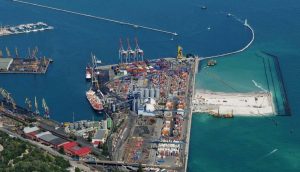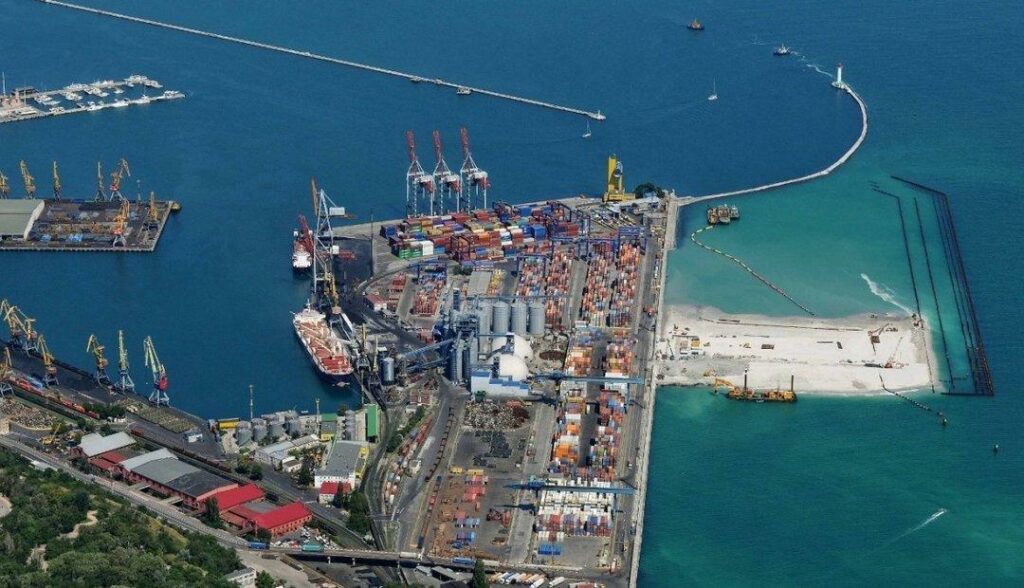Odesa tugs: a new round of the tariff war
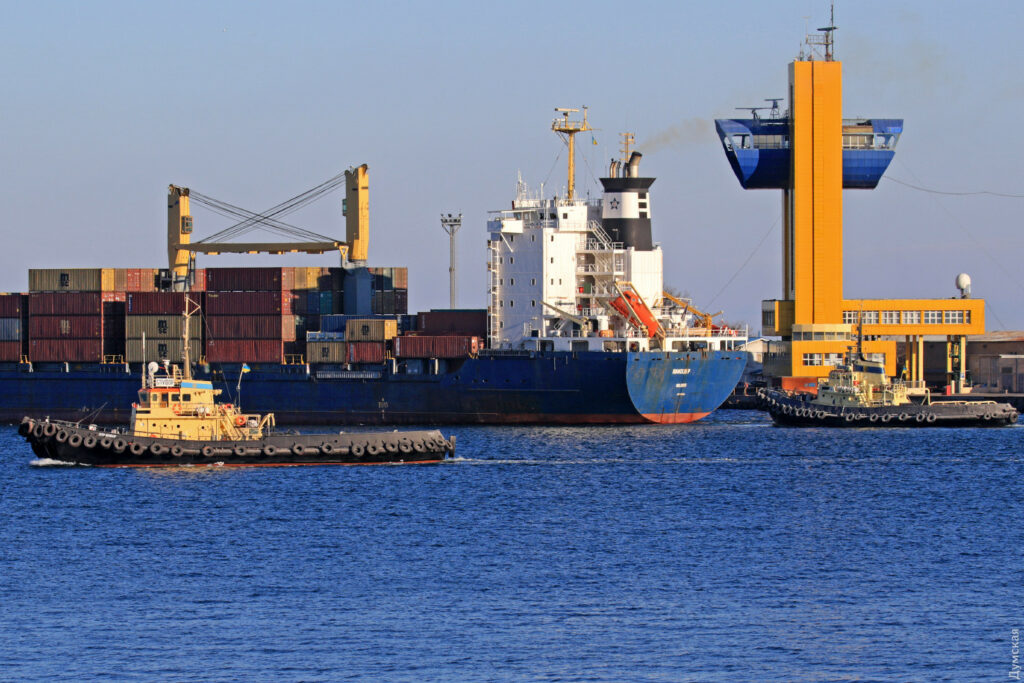

The towing blitzkrieg continues in the Odesa seaport: towing companies offering unprecedented discounts to agents and ship owners. On the one hand, they are trying to attract new customers, and on the other, they are trying to keep existing ones. USM decided to show the chronology of the drop in tariffs and reflect on what really stands behind such decisions of towers.
In the port of Odesa, the state stevedore has announced the revision of tariffs for towing of vessels. As USM previously wrote, the following changes have occurred since June 9, 2021:
– overtime canceled;
– for vessels over 140 m in length – the new tariff was 0.0709 (28.4% discount to the old tariff);
– coefficients of 0.7 to the volumetric capacity of the vessel have been introduced for car-carriers and container carriers (which, in fact, is an additional discount for this type of vessels, since a reduced tariff of 0.0709 applies to them as well).
The response from private towing operators was not long in coming. At the disposal of the editors is a letter from the company Black Sea Towing (Blast), which informs about an unprecedented drop in rates for an indefinite period, starting from 10.06.2021.
The company offers its clients hourly mooring and unmooring rates:
– $ 100 per hour for vessels with deadweight up to 10,000 tons
– $ 250 per hour for vessels with deadweight over 10,000 tons
– fire-fighting tug $ 1 per hour (used as a security tug during cargo operations with oil products and liquefied gas, – ed.).
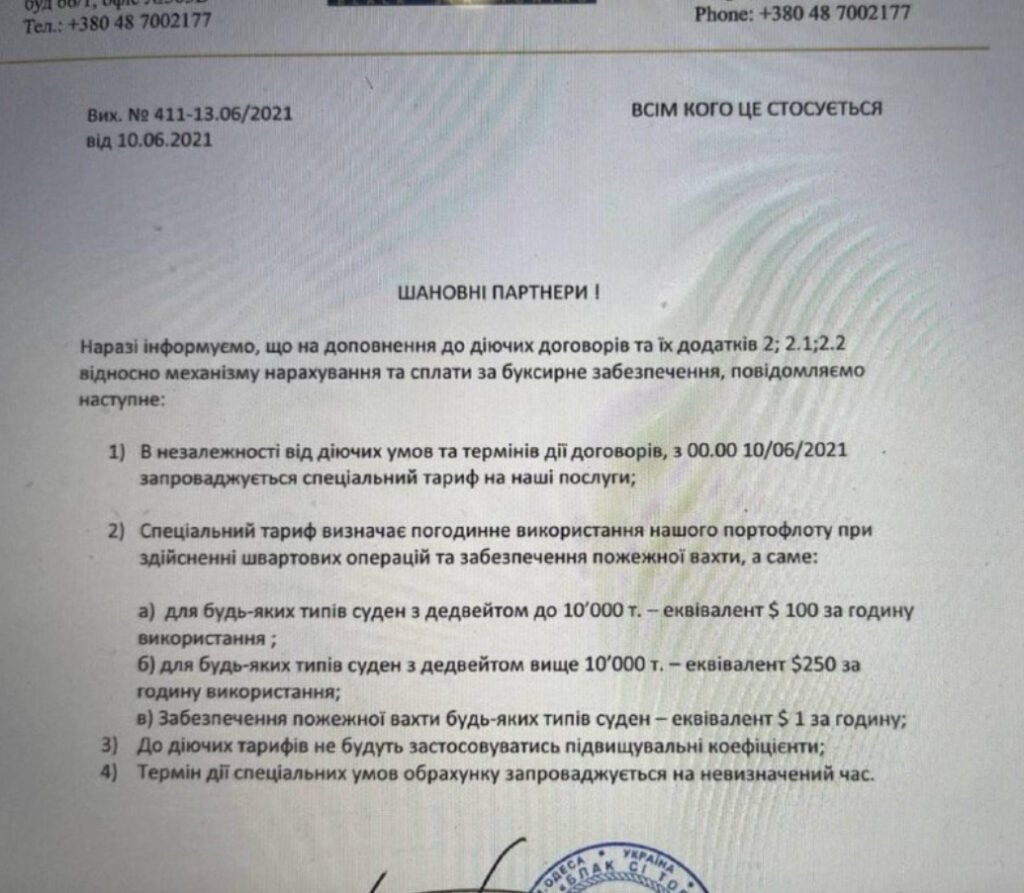
At the moment, the port of Odesa is the only one where the use of hourly rates is recorded; all other ports use fixed rates that depend solely on the size of the vessel. However, this situation cannot continue for a long time: hourly rates will not make it possible to recoup the significant investments made in recent years in the private towing sector.
The state enterprise “Odesa Marine Trade Port” immediately hasresponded to the offer of a private company with a new order. So, the document, which entered into force on June 14th, 2021, introduced a new rate for vessels over 140 m in length – now it is:
0.050 dollars per 1 cubic meter vessel module meter / operation. The revised tariff is, in fact, a 50% discount on the tariff that has been in effect for a long time.
What have happened in the port?
On Monday, June 14th, on the Facebook page of the SE “Odesa Marine Trade Port”, information that the ex-head of the port, Alexey Myaskovsky, came to the enterprise, accompanied by security appeared.
According to the company, the first order in the form of an ultimatum was an instruction to the head of the Port fleet “to provide orders regarding the reduction of tariffs for towing services to the level of real market prices”.
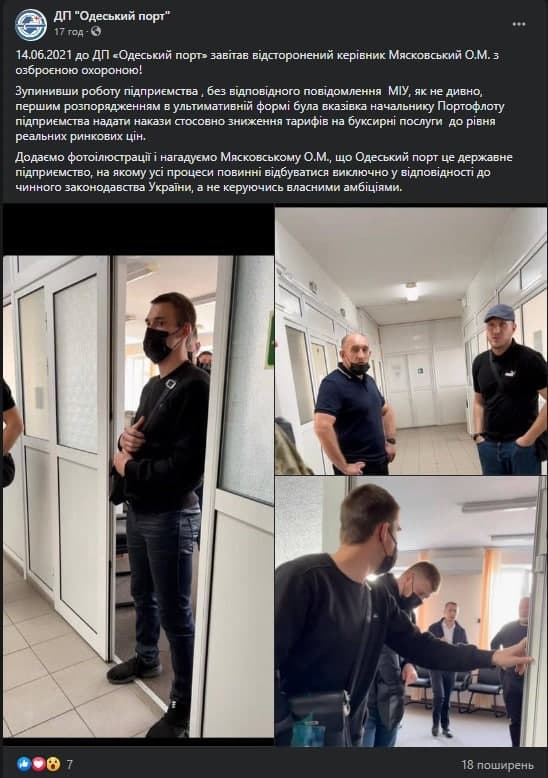
According to the editing “Dumskaya”, the Deputy Head for security Denis Lutiy, who in recent months de facto was managing the enterprise, has decided not to let the chief into the office. As a result, there was a scuffle, and the police were called to the scene. Alexey Myaskovsky officially confirmed to the publication that the incident did take place.
USM tried to contact SE “Odesa Marine Trade Port”, but the attempts were unsuccessful. So it is still unknown whose competence to sign documents on behalf of the enterprise, as well as who has the official seal of the port, which was in the office’s safe, and has now disappeared.
Apparently, Alexey Myaskovsky got the opportunity to return to the port, since earlier the new Minister of Infrastructure Alexey Kubrakov, by his order, has canceled the audit of the economic activities of the enterprise, for the period of which the director was removed from his duties.
Presumably, the unexpected return of the Head of the port, Aleksey Myaskovsky, is due to the desire of some people to cancel orders, to introduce discounts, return the “status quo” and avoid redistribution of the volume of towing operations in the port. Until June 2021, the state port fleet did not particularly prevent private companies from “dividing” the market and did not enter into open tariff competition with them.
Now everything is in the hands of the new minister and completely depends on his vision of the state tug fleet, because without a flexible tariff policy and discounts, the state company will gradually lose its position in the tug business.

